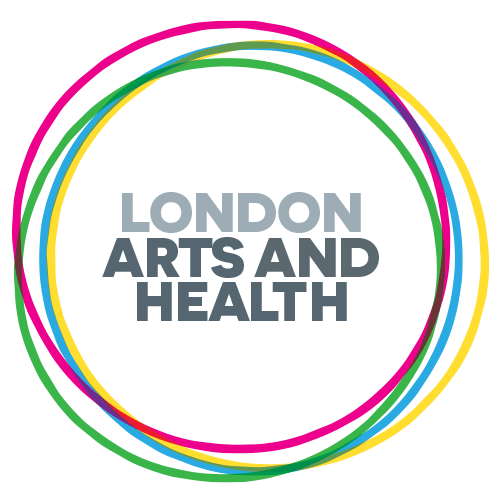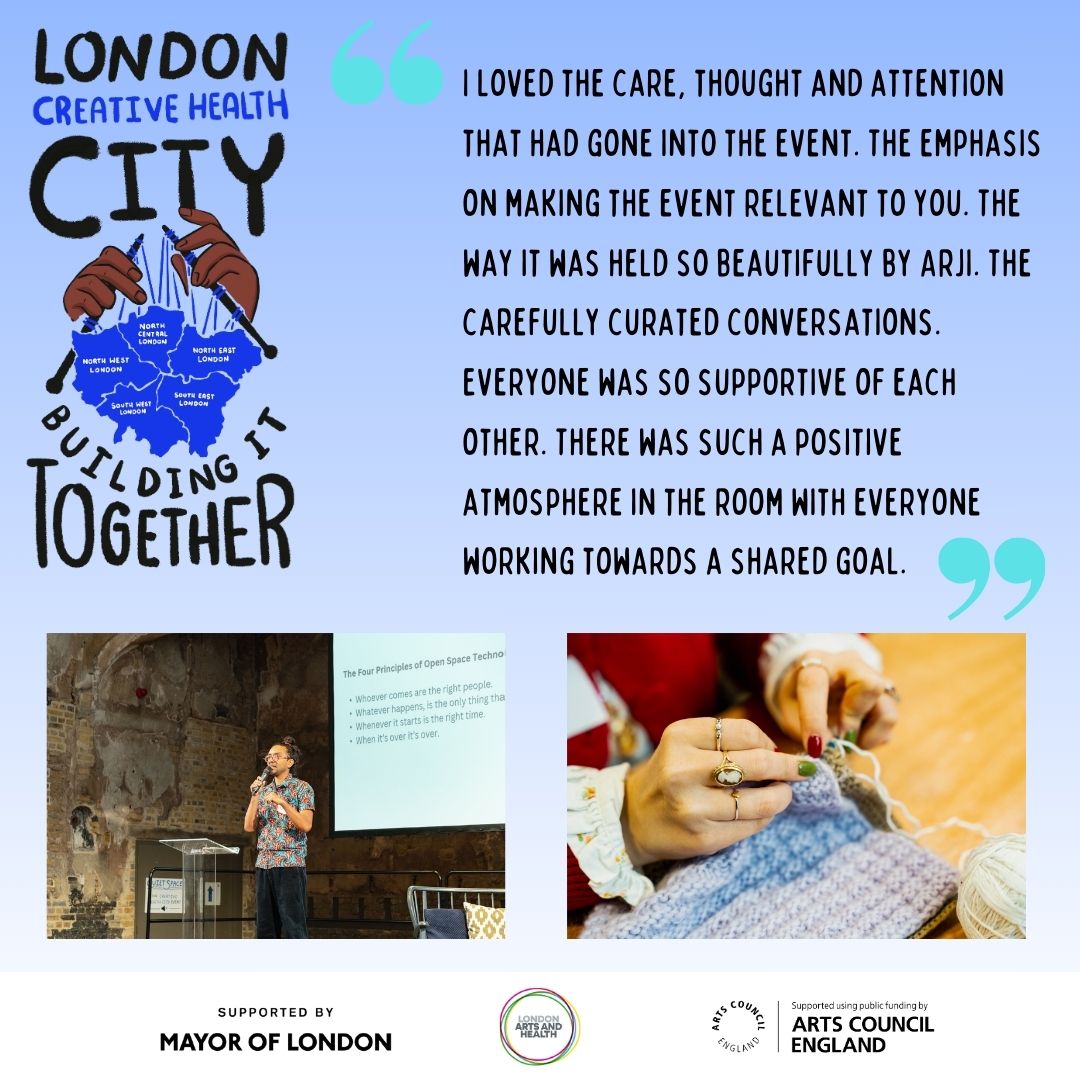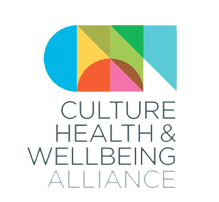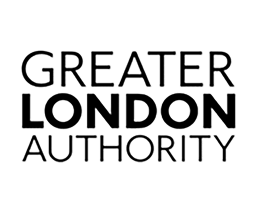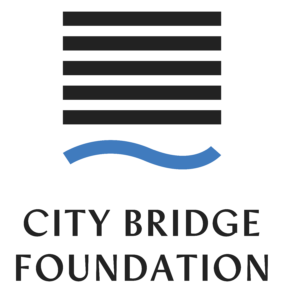On the 27th November, we hosted two of the first public gatherings, online and in person at Battersea Arts Centre, exploring and imagining how we will work together to build London as a Creative Health (CH) city.
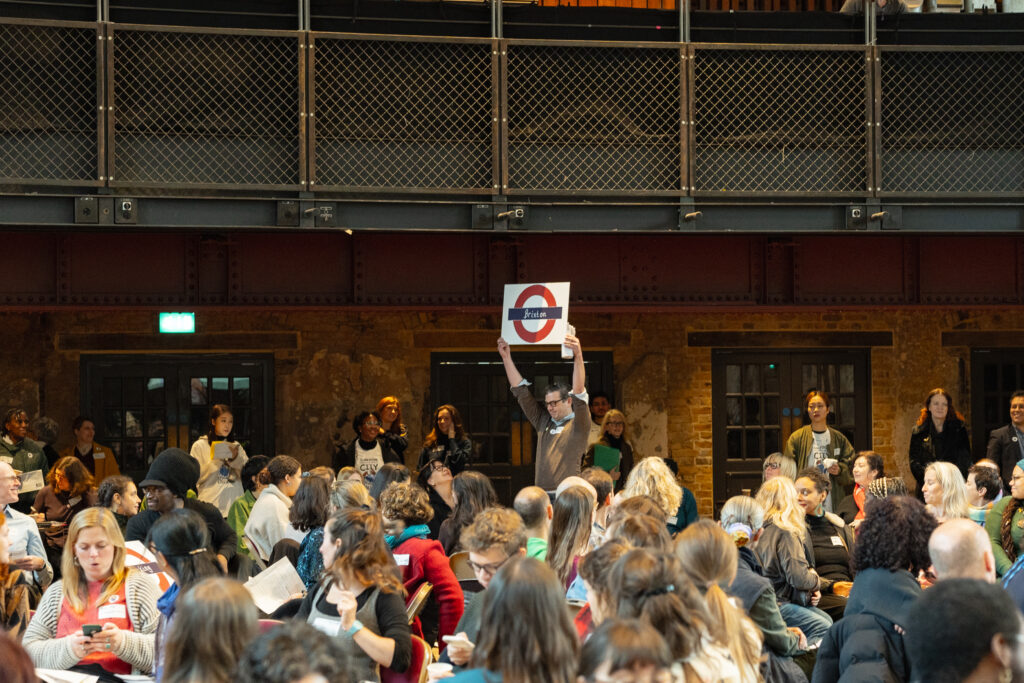
Funded by the Greater London Authority (GLA) and Arts Council England, London Arts and Health was comissioned to design and deliver these events , as part of a wider consultation process to further understand the scale and maturity of the CH sector, in order to make and suggest policy that creates opportunities for all Londoners to benefit from CH across the life course and within the neighbourhoods and the communities they live and work in.
The planning process for this event began in August this year, where we worked collaboratively with the GLA to think about how we could create a participatory forum to share and exchange the experiences and challenges currently faced by the sector, and work together to share actions and networks to champion an equitable, healthier and more sustainable sector. We were also acutely aware of how exhausted and burnt-out our sector is, therefore, this event was also to be an opportunity for practitioners and professionals to pause, reflect, be cared for, and be energised by this collective and united force, who all believe in the value of CH approaches for physical and mental wellbeing. To help shape and think about how we could achieve this across the events, we worked with an accountability and advisory panel, who helped us to consider how the invitation was proposed to the public, suggested proactive invitations to people and organisations, and shortlisting curated discussion topics.
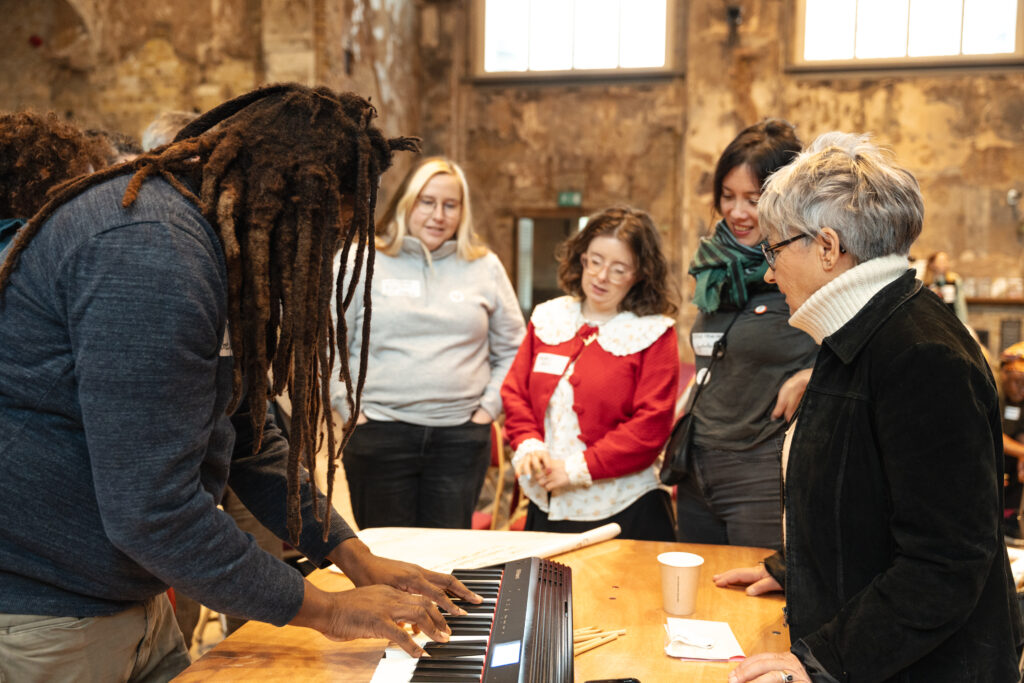
In order to create the space to facilitate peer learning from practitioners across the sector, we borrowed principles from Open Space Technology, which is a peer conference format, meaning that the discussions were proposed by event attendees, in response to their own burning questions, and provocations relating to how to continue to build CH into the wider systems and fabric of the city. It was decided that to warm attendees up to this alternative event format, we would programme a series of curated conversations and creative workshops, and then open the space in the afternoon to allow anyone attending to suggest areas for discussion, based on topics brought to the surface in the morning, or overlooked areas of discussion.
On the day:
Attendees were welcomed to the beautiful Battersea Arts Centre on a cold and dreary November morning, however, this failed to dampen attendance and enthusiasm, with over 300 people joining us for the opening remarks of the day with esteemed guests Professor Kevin Fenton, Justine Simons OBE and Tarek Iskander. Our pragmatic and creative host for the day Arji Manuelpillai, was there to direct and keep the room together, as many people experienced the freedom and unconventional nature of open space technology principles for the first time. Simultaneously, Rebecca Manson Jones and Monique Jackson created a caring and welcoming space for online event attendees to experience a similar format of curated and open discussion topics relating to a Creative Health City, from exploring Health and Social Care practitioner wellbeing to digital access and engagement with CH. A full programme of the final agenda for the in person and online sessions can be found here.
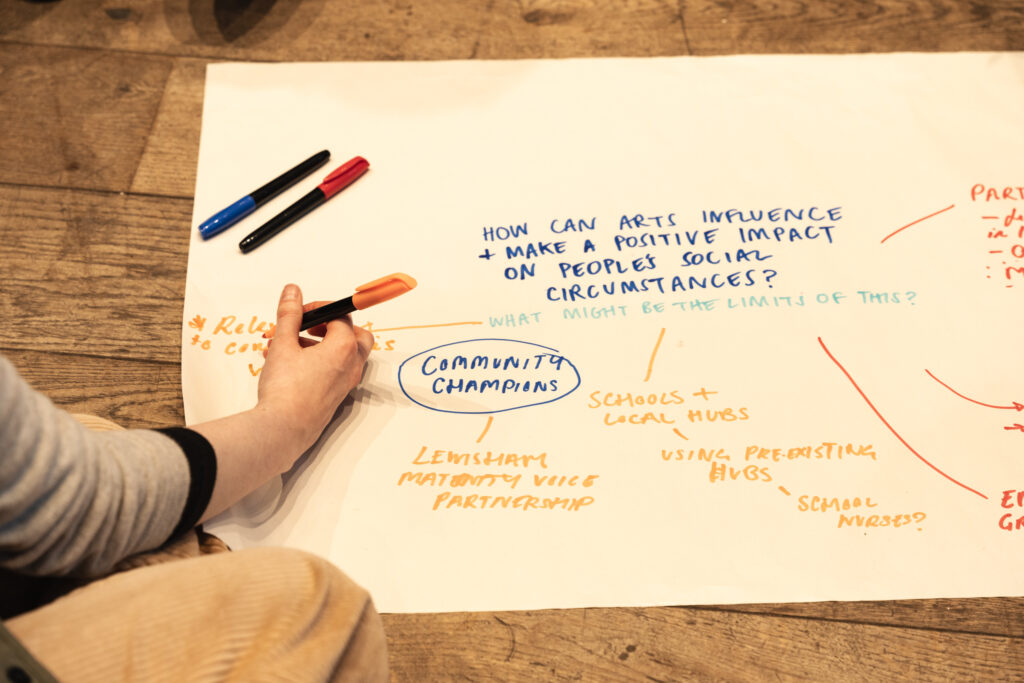
After the morning session was over, attendees began to work with Matthew Couper and Bea Walker, who were running the community board, to devise ideas and suggestions for the afternoon discussion sessions. Examples of spontaneous sessions included:
- How do we collaborate with other city regions and what’s the advantage? (Led by Julie McCarthy)
- What ‘softer’ outcomes should NHS commissioners understand when investing in creative health? (London Plus and London Sport)
- How can the narrative between arts and health inequalities be sharpened so that anchor institutions- like hospitals- put resource into cultural and creative projects? (Led by Savannah Fishel Health Anchors Learning Network)
- Are we as a sector comfortable with the term ‘creative health’, any tips on how we’re using this on the ground? (Hannah Dye, Breathe Arts Health Research)
We are really grateful for the energy and time attendees spent listening and sharing their experiences with wider networks, and have enjoyed reflecting on event feedback we have received so far;
“Incredibly produced – the host and creative side rooms were amazing, the people attending were all so relevant to my work so it was a fantastic networking opportunity, and also seemed like a community was forming where it felt good to share fears, hopes, frustrations, difficulties, possibilities etc with others who are working in similar ways.”
“Thank you especially for protecting us all from the sterile distance of powerpoint presentations, and for creating a series of intimate conversations in which your featured organisations had to engage directly and host a discussions.”
“It was a thought provoking, vibrant and stimulating day. A chance to connect with like-minded people and have some very exciting and inspiring conversations. Discussions were fruitful: full of hope and exciting possibilities for potential future health interventions and support mechanisms for communities and society. Thank you for creating and executing a brilliant inspiring day for creatives and health practitioners to come together. It was well organised and held with great heart and passion.”
We also have lots of learnings and constructive feedback from this first event, that we will summarise and reflect back to the GLA, to ensure that future events can continue to build on the success of this event and keep the sector involved and engaged in this Creative Health City consultation.
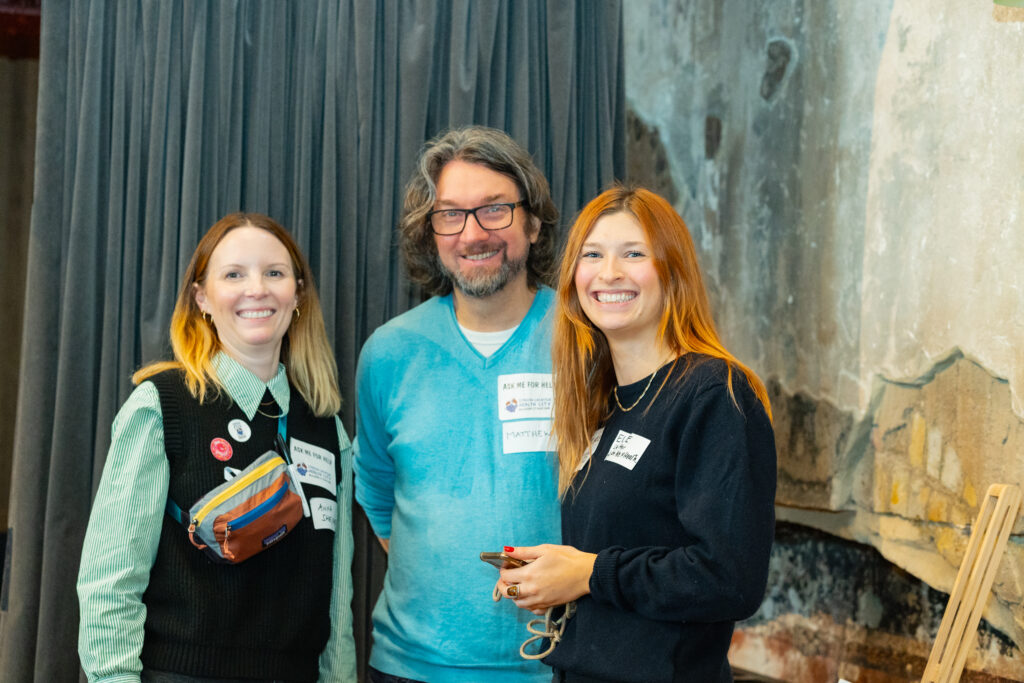
Written by LAH’s Research Lead, Elle Charlton.
